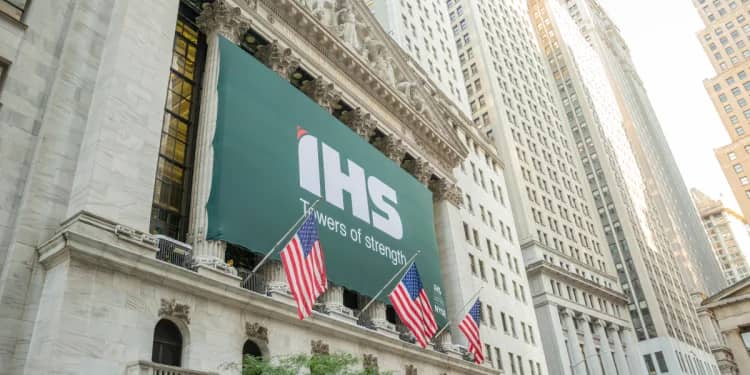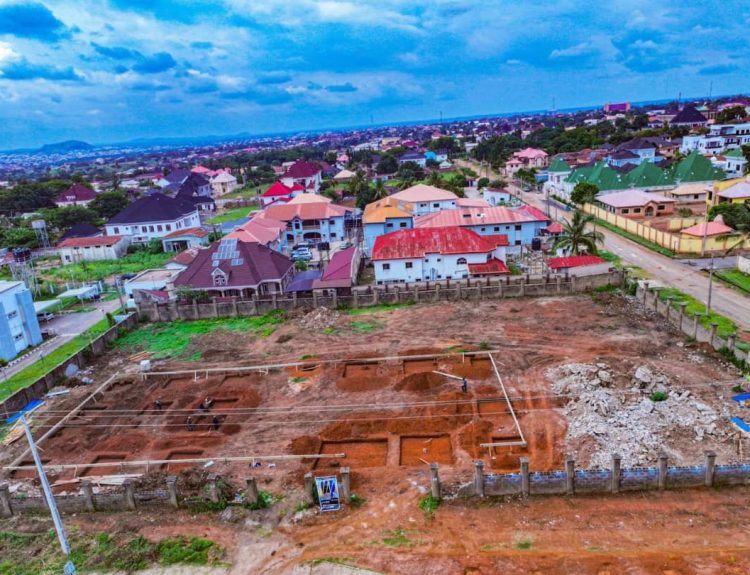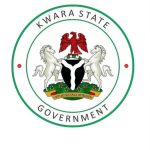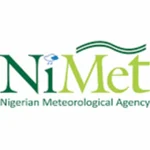IHS Towers, the world’s fifth-largest multinational telecom infrastructure provider, saw MTN Nigeria and Airtel Nigeria contribute 57% of its total revenue in 2024, reinforcing its reliance on a small group of key clients.
Nigeria remains its most crucial market, accounting for 58.3% of total earnings, despite economic turbulence affecting telecom operations.
The company’s revenue declined from $2.1 billion in 2023 to $1.7 billion in 2024, with a staggering 98.5% of its income linked to just three major mobile operators, MTN Nigeria, Airtel Africa, and MTN South Africa. Any financial strain on these telcos, including currency devaluation, regulatory shifts, or economic instability, could significantly impact IHS Towers’ financial health.
The sharp devaluation of the naira since 2023 has worsened inflation and financial uncertainty for tower operators.
With over half of its revenue tied to Nigeria, further economic deterioration poses a serious risk to its growth and profitability.
The company has acknowledged concerns over the ability of its top clients to meet lease obligations and sustain demand for telecom infrastructure.
IHS Towers is grappling with soaring operating expenses, primarily driven by power generation, security, and site maintenance.
Diesel remains its largest expense, accounting for 39.2% of the company’s cost of sales in 2024, up from 33.5% in 2023. The company spent $348 million on power generation in 2024, a slight decline from $396 million the previous year.
To curb energy costs, IHS Towers has expanded its hybrid power solutions, integrating solar and battery systems with diesel generators.
By December 2024, 41% of its sites operated on hybrid power, 33% relied on grid electricity with backup generators, and 18% used diesel-only generators.
The remaining 8% were powered by direct grid connections or alternative energy sources like solar power.
Beyond energy expenses, the high cost of network expansion remains a financial burden.
As of December 2024, building a new tower in Africa cost between $50,000 and $100,000, while in Latin America, the cost ranged from $40,000 to $80,000.
This poses a challenge in an economic climate where access to foreign exchange and financing is limited.
Despite securing long-term Master Lease Agreements (MLAs) lasting 5–10 years, IHS Towers’ financial stability remains tied to the health of its top telecom clients, many of whom rely on debt financing to operate.
If these operators face funding difficulties, they may cut back on infrastructure investments, reducing demand for IHS Towers’ services.
However, CEO Sam Darwish remains optimistic, citing recent tariff increases approved by the Nigerian Communications Commission (NCC) as a catalyst for growth.
With major operators like MTN Nigeria and Airtel Nigeria implementing higher tariffs, Darwish believes telecom investments will surge in 2025, fueling network expansion and improving service delivery.
As of December 2024, IHS Towers managed 39,229 towers across six African and two Latin American countries, maintaining its dominance as the largest independent tower operator in six of its eight markets.
However, its heavy reliance on Nigeria and a concentrated customer base means the company will need more than just towering ambitions to navigate the economic uncertainties ahead.














